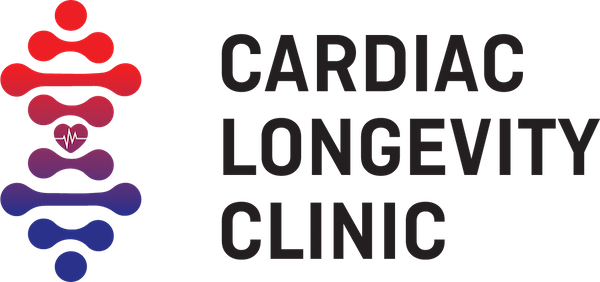Lifestyle Changes to Improve Cardiovascular Health
Making intentional lifestyle changes can profoundly impact your cardiovascular health and overall longevity. Daily choices, such as the foods you eat, the amount of physical activity you engage in, and how you manage stress, play a crucial role in maintaining a healthy heart. By adopting heart-friendly habits, you can significantly lower your risk of heart disease, improve your quality of life, and promote healthy aging.
Diet and Nutrition for Heart Health
Your diet is one of the most powerful tools for protecting your heart. A nutrient-rich, balanced eating plan not only reduces your risk of cardiovascular disease but also supports overall well-being.
Heart-Healthy Foods
Incorporating foods that promote cardiovascular health can significantly improve your heart’s function and reduce inflammation. Examples include:
- Whole grains: Oats, quinoa, and brown rice are high in fiber, which helps lower LDL (“bad”) cholesterol.
- Leafy greens: Spinach, kale, and broccoli are rich in antioxidants and nutrients like vitamin K, which supports healthy blood vessels.
- Lean proteins: Sources like fish, skinless poultry, and legumes provide essential nutrients without unhealthy fats.
- Healthy fats: Foods like avocados, nuts, and olive oil provide heart-protective monounsaturated fats and omega-3 fatty acids.
For a deeper dive into heart-healthy eating patterns, explore our guide on Longevity Optimized Diets.
Foods to Avoid
Certain foods can negatively affect cardiovascular health and should be limited:
- Trans fats: Found in fried foods and processed snacks, trans fats raise LDL cholesterol and lower HDL (“good”) cholesterol.
- High sodium: Excess salt increases blood pressure, a risk factor for heart disease.
- Processed sugars: Sugary drinks and desserts contribute to obesity and inflammation, which can harm your heart.
By making informed dietary choices, you can significantly reduce your risk of heart-related issues.
Physical Activity Recommendations
Exercise is a cornerstone of cardiovascular health, offering benefits that extend to nearly every aspect of your well-being. Staying physically active keeps your heart strong, improves circulation, and supports weight management.
Cardio Exercises
Aerobic, or “cardio,” exercises are the most effective for improving heart health. The American Heart Association recommends:
- 150 minutes of moderate-intensity aerobic activity per week (e.g., brisk walking, swimming, or cycling).
- Alternatively, 75 minutes of vigorous-intensity aerobic activity, such as jogging or high-intensity interval training (HIIT).
Cardio exercises enhance cardiovascular endurance, strengthen the heart muscle, and lower blood pressure. Learn more about the benefits of exercise for healthy aging on our Exercise & Longevity page.

Strength Training Benefits
In addition to cardio, incorporating strength training into your routine is vital. Resistance exercises, such as weightlifting or bodyweight workouts, help:
- Improve circulation and support vascular health.
- Increase overall muscle strength, which is essential for maintaining physical independence as you age.
Strength training twice a week, targeting all major muscle groups, can complement your cardio routine and provide holistic cardiovascular benefits.
Managing Stress and Getting Quality Sleep
Chronic stress and poor sleep are often overlooked contributors to cardiovascular disease. Addressing these factors is essential for maintaining a healthy heart.
Stress Reduction Techniques
Stress triggers the release of hormones like cortisol, which, when chronically elevated, can increase blood pressure and inflammation. Effective stress management techniques include:
- Mindfulness meditation: Practicing mindfulness has been shown to lower blood pressure and reduce stress.
- Breathing exercises: Deep breathing can activate the body’s relaxation response, reducing stress hormones.
- Taking breaks: Scheduling regular breaks during a busy day can help you recharge and stay focused.
For more evidence-based strategies, visit our guide on Stress and Longevity.
Sleep for Heart Health
Quality sleep is critical for cardiovascular health. During sleep, your heart rate and blood pressure decrease, allowing your cardiovascular system to recover. Poor sleep has been linked to:
- Increased risk of hypertension.
- Impaired regulation of blood sugar and cholesterol levels.
Aim for 7-9 hours of sleep per night to support heart health and overall well-being. Establishing a regular sleep schedule and creating a calming bedtime routine can make a significant difference.
Take the First Step Today
Improving your cardiovascular health starts with small, intentional changes to your diet, exercise routine, and stress management practices. By incorporating these strategies, you can take control of your heart health and invest in a longer, healthier life. Explore our resources on nutrition, exercise, and stress reduction to learn more about how we can support you on this journey.

